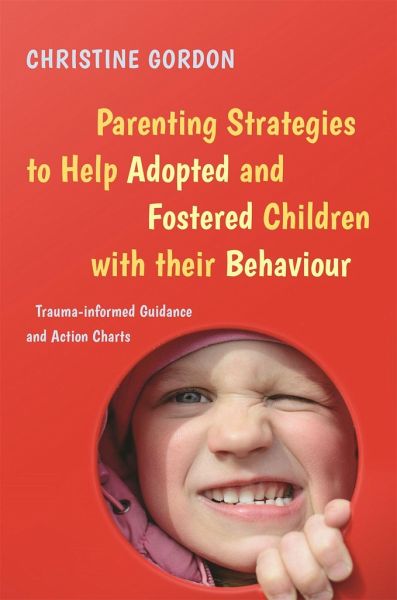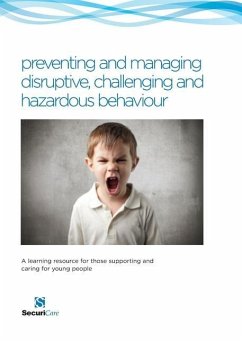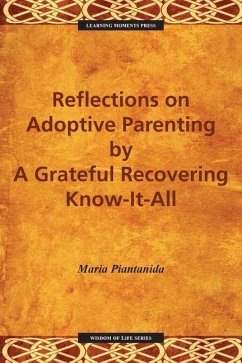
Parenting Strategies to Help Adopted and Fostered Children with Their Behaviour
Trauma-Informed Guidance and Action Charts
Versandkostenfrei!
Versandfertig in über 4 Wochen
26,99 €
inkl. MwSt.

PAYBACK Punkte
13 °P sammeln!
Offers straightforward advice for managing common behaviours in children who are traumatized. Designed specifically for adoptive and foster parents, this guide includes visual reference charts of therapeutic parenting strategies and conversation scripts that can be used when caring for a traumatized child.












